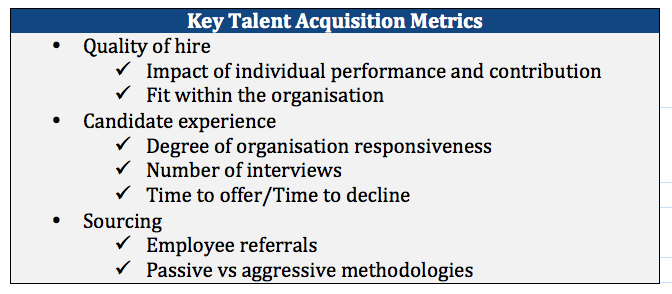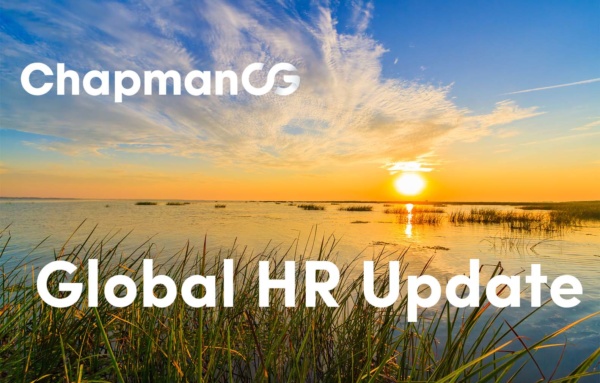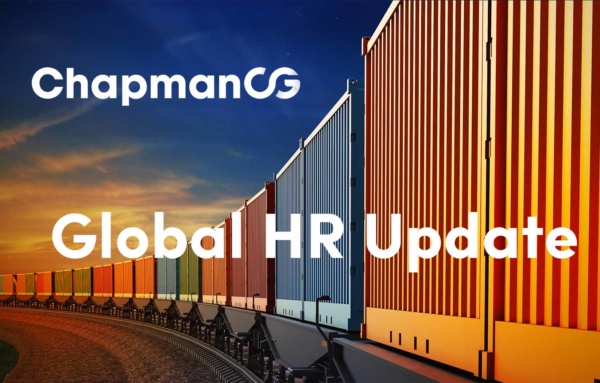Social media has revolutionised how we communicate and impacted the way we receive and share information. Some organisations have created policies around accessing popular sites, but is that the best approach to handling a technology that has changed how we view information?
Matt Chapman, CEO of The Chapman Consulting Group discusses social media in the workplace and HR’s role in communication with Madan Nagaldinne, Global HR Director for Global Sales at Facebook.
Very few companies can attest to creating something that has fundamentally affected the lifestyles of so many like Facebook has. They erupted onto the marketplace with a product that has brought millions, if not billions, of us into the digital age. They have redefined how we access, disseminate, and consume information from mediums like global news outlets to the simple comings and goings of family and friends. They have become the industry benchmark for innovation and people best practices.
So what is it like working for an organisation that needs no introduction? Just how differently does HR at Facebook operate than say, your organisation?
“Working at Facebook is like working at any other company that truly believes its most important assets are its employees. We work tirelessly to ensure that we develop robust mechanisms that will make people’s careers at Facebook last a very long time,” says Madan Nagaldinne, Global HR Director for Global Sales.
A focus on talent
A lot of organisations place a strong focus on recruitment productivity like open positions versus closed or how long it takes to fill a vacant role–and these are important–but at Facebook, their most important metric is quality of hire.
“Our approach is probably different as we see talent acquisition as part of our brand,” explains Nagaldinne. “We place an emphasis on the candidate’s experience and so we dedicate a lot of resources to recruitment because our aim is to hire the best of the best.”

Information and leadership
Most have heard of the Facebook’s infamous bootcamp where newly hired engineers go through an intensive 6-week training program. “But what makes this experience unique for them is that during bootcamp, our engineers have access to various parts of the system and code. They get to interact with different aspects of the business so that afterwards, they can decide which part of the organisation they want to work with.”
The overwhelming majority of companies aren’t structured for such an onboarding process, but what is interesting is the transparency of the organisation and the access to information that’s available to all employees from the onset.
“What makes performance and people management different at Facebook is that information is democratised,” says Nagaldinne. “And what that means is that instead of managers being the disseminators of organisation news, all of that is available to everyone. In real-time.”
In an organisation where access to information as well as people is open, a lot of care must be given when defining management principles. Managers who join Facebook with external leadership experience must learn to manage in a democratic environment with socialist working practices.
“Our talent systems are designed to uncover if your job is amplifying your strengths. Are you feeling balanced, energised, and enjoying your role?” says Nagaldinne. “And weaknesses are only dealt with when they are derailing.”
A social work environment
Employees view Facebook as more than just a social media outlet, but instead a collaborative piece of technology that allows them to share information to promote innovation and eliminate unnecessary hierarchy that can impede timely success.
Facebook employees provide weekly updates across the organisation about what went well and who they want to highlight or thank, but they also talk about their plans for the weekend and family or upcoming trips.
“And this is an important aspect to our culture because when I meet with someone the following week, I know that person as a whole, a rounded individual and not just a colleague. And that’s what we want. We ask employees to bring their whole-selves to work,” says Nagaldinne.
More organisations are acknowledging the benefits of providing some type of socially collaborative platform for the workplace, be it Facebook, Yammer or Jive. They all see an increase of cross-functional communication. “And by and large employees aren’t misusing it. I know as HR we are sometimes concerned about that, and so there are controls to prevent the misuse of information, but even without them, employees want to know what’s happening within the organisation when it happens.”
Facebook is piloting Facebook@Work, a messaging and communications platform for moving information within an organisation quickly and efficiently. It’s highly customisable and is designed for a small group or team or for the entire organisation.
“HR needs to lead the conversation of what it means to be social in the workforce,” says Nagaldinne, who’s very passionate about HR reclaiming control of internal communications. “We’re focusing on people and talent management and not taking an active stance on how we communicate with one another. And that translates into how work gets done, which hugely impacts how innovative we are.”
Many organisations have policies that limit access to certain popular social media websites, but with the increasing popularity of smartphones businesses are realising that blanket restriction may be futile. Instead, they’re shifting the focus on how to leverage these different technologies to drive innovation and communication.
“Ultimately, each organisation needs to decide what’s right for them. But to not at least have the discussion about the impact of digital and mobile–in the organisational context–and its affects on how you communicate and share information is inexcusable in this day and age.”
 Andrea Merrigan
Andrea Merrigan Orelia Chan
Orelia Chan Stanislav Medvedev
Stanislav Medvedev Fleur Daniell
Fleur Daniell Finian Toh
Finian Toh Tim Rayner
Tim Rayner Nicola Hasling
Nicola Hasling Stefanie Cross-Wilson
Stefanie Cross-Wilson


